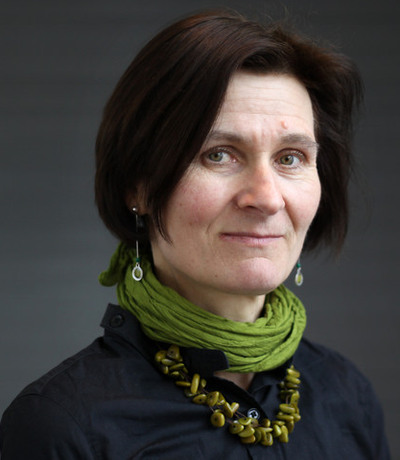Just like in the US and the case of Weinstein, Swedish media has to a large extent focused on individuals.
“In Sweden, just like in other countries in which #MeToo has had a significant impact, accusations against famous men with power has gained a lot of attention in media. However, it is important to remember that in a majority of the stories shared on social media, the perpetrators were not named,” Sarah Ljungquist points out.
Criticism of #MeToo
The movement has been criticized for its witch hunt qualities as people are identified with names without having been convicted of a crime. What risks can you see concerning #MeToo, in its early beginning and presently?
“Witch-hunts in media are always unfortunate, especially when innocent people are targeted. However, we must remember that several of those famous men who were publicly accused in media in Sweden have confessed to grave sexual harassment, but they haven’t been convicted as the limitation period had expired.”
Different impact in different countries
The impact of #MeToo differs from country to country, and the movement doesn’t seem to have gained as much attention in our neighboring country Denmark as it has here in Sweden. What could be the reason for this situation?
“In relation to number of inhabitants, Sweden was the country in which #MeToo had the greatest impact. However, the movement is still ongoing and right now a lot is happening in Denmark, which makes it hard to determine and compare end results.
The fact that #MeToo became so important in Sweden is connected to our self-image as the most gender-equal society in the world. Most Swedish people, both the group of people who views sexism and sexual violence as a structural problem and the group who sees sexism and sexual violence as something only a small percentage of men engage in, agreed that the purpose of MeToo was commendable and that we needed to tackle this problem.”






